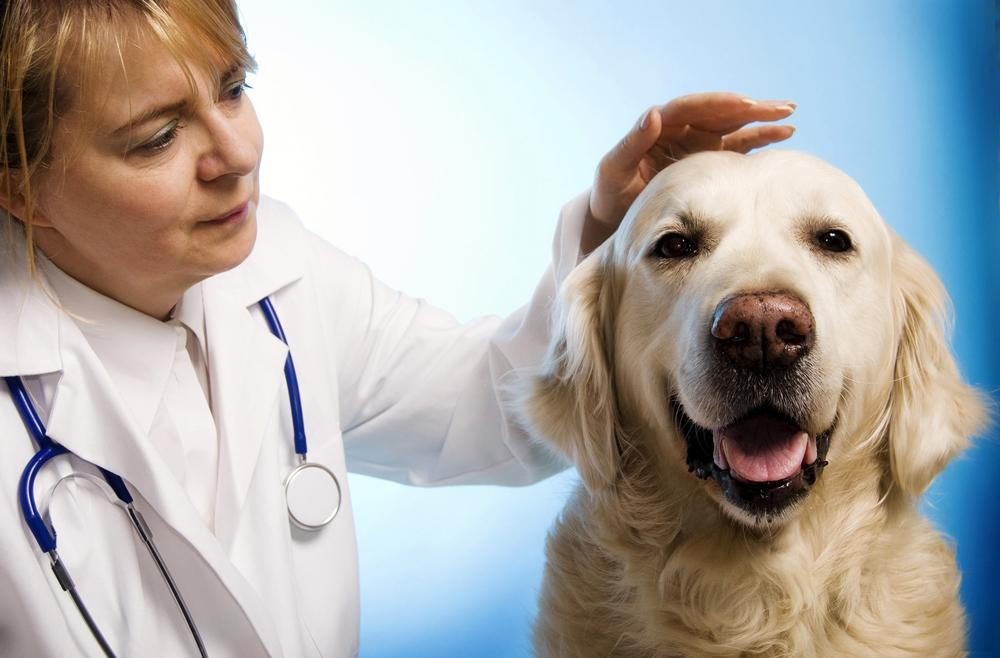Pet Hives & Facial Swelling Information from our Diamond Bar Veterinarian
Did you realize that pets can have allergies, too? Here at the East Valley Emergency Pet Clinic, serving Diamond Bar and other communities near East Los Angeles, our emergency veterinarian team has worked with hundreds of animals struggling with allergies, which often lead to facial swelling (among other symptoms).

Common Causes of Allergies in Pets
An allergy is an excessive response of an animal's immune system to an otherwise harmless trigger within the environment. Genetics are believed to play a role since certain breeds appear to be more at risk for developing allergies. Age and overall health status may also increase a pet's chances of having allergies. The following factors common pet allergy triggers:
- Mold, dust, pollen, and certain plants
- Cigarette smoke
- Household cleaners and chemicals
- Medications and vaccines
- Insect bites
- Certain foods (including dairy, wheat, soy, beef, or eggs)
Hives: One of the More Common Pet Allergic Reaction Symptoms
Like humans, cats’ and dogs’ allergic reactions can exhibit a range of mild to severe symptoms. One of the more common pet allergic reaction symptoms is the condition urticaria, frequently known as hives. Hives can develop after a pet comes in contact with an allergen, and may present the following signs:
- Pet swollen face (including around the eyes and muzzle)
- Redness on the face, trunk, and/or limbs
- Excessive scratching
- Excessive drooling
A similar condition to hives is known as angioedema. Whereas hives tend to affect only the superficial layer of an animal's skin, angioedema affects the deeper layers, although an animal can have both hives and angioedema at the same time.
Can a Pet Allergy Be Prevented?
It's may not be possible to completely eliminate your pet's chances of having an allergic reaction to something. Fortunately, there are a few things you can do to lower the risk or even lessen the severity of a reaction if one does occur:
- Keep your home and yard clean and tidy
- Store medications and household chemicals out of reach of your pets
- Make your home tobacco-free
- If introducing a new food to your pet, give only small
- Keep a pet-friendly antihistamine (such as Benadryl) on hand at home
We encourage you to call a vet right away if your pet is showing signs or symptoms of an allergic reaction for the first time. A vet can tell you how to help your animal and even help you identify what's causing the reaction.
Does Your Pet Have Allergies? Our Diamond Bar Emergency Veterinarian Team Can Help
We're proud to be one of East Los Angeles's leading emergency veterinarian clinics providing a comprehensive range of urgent and critical vet care services. Contact us now at (909) 861-5737 if you have any concerns about your pet's health.
